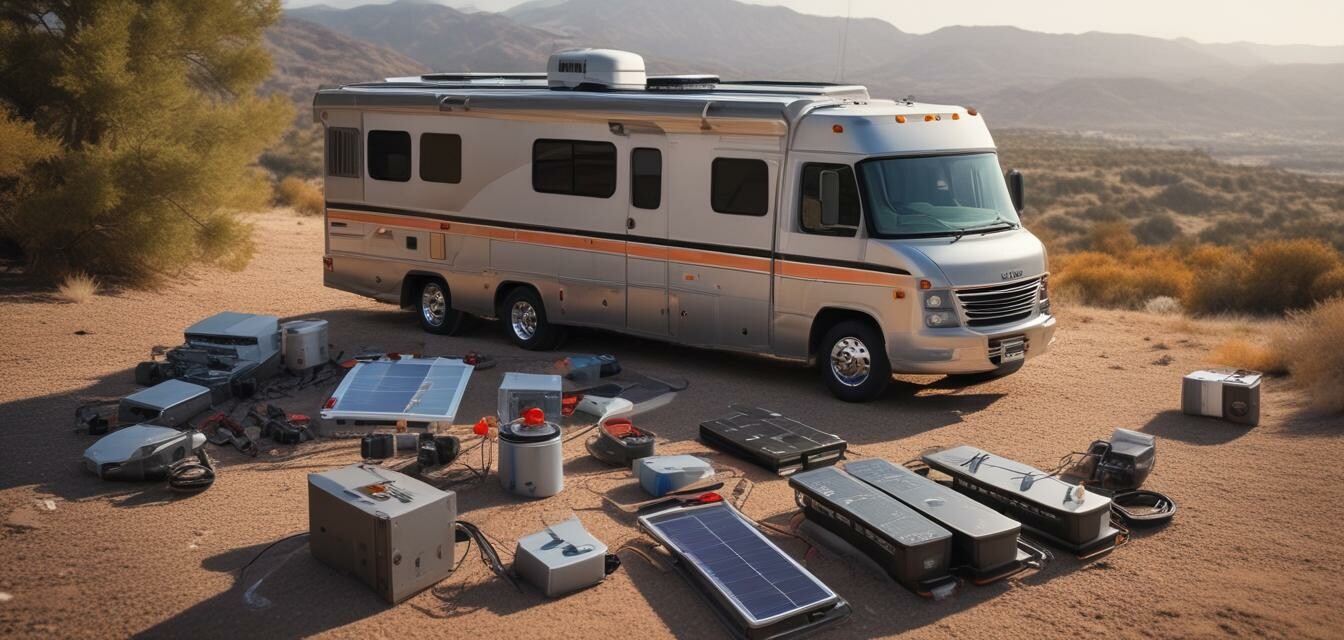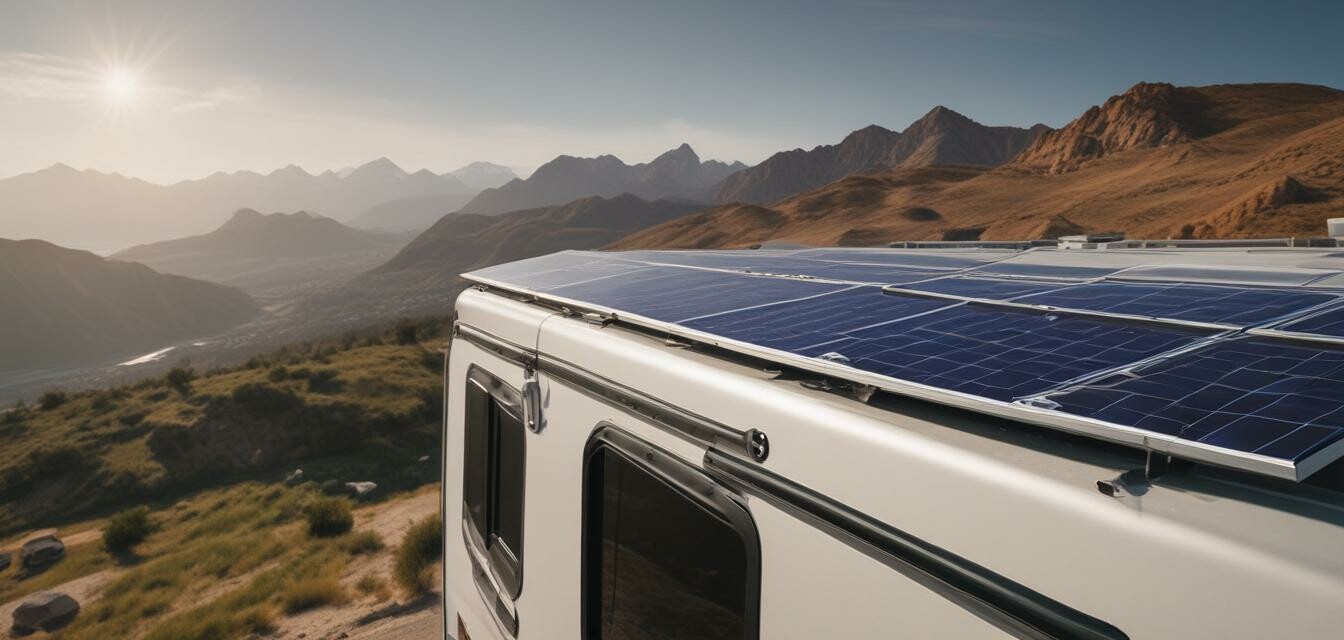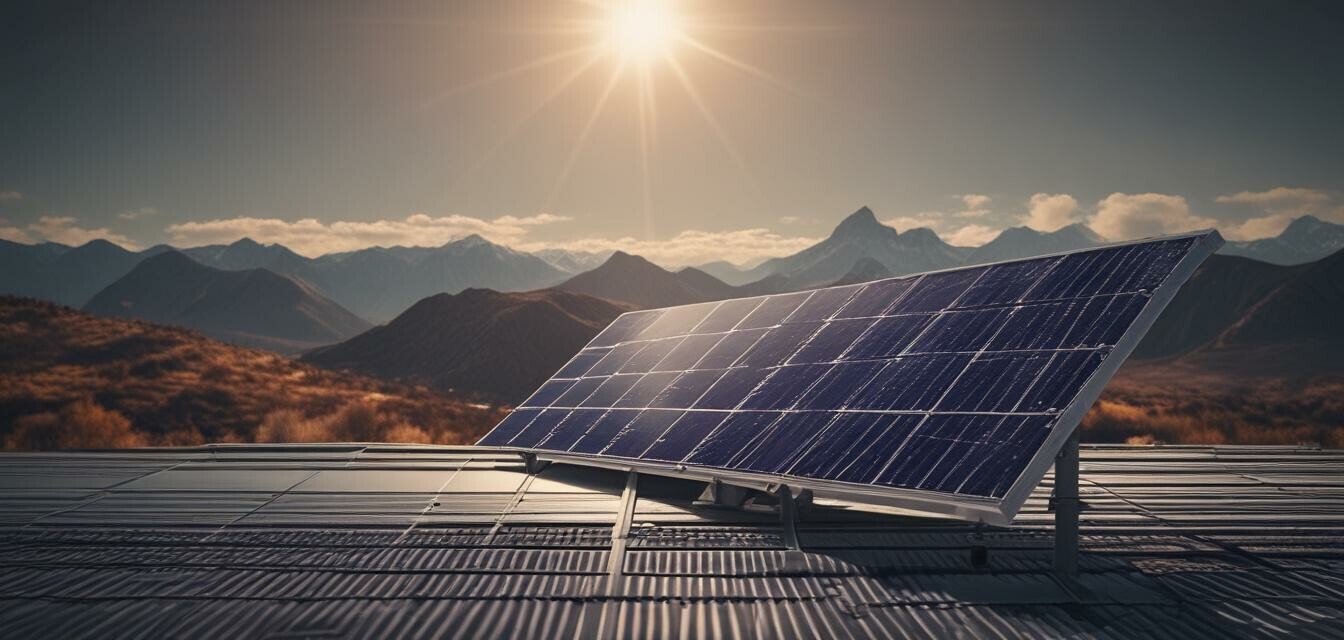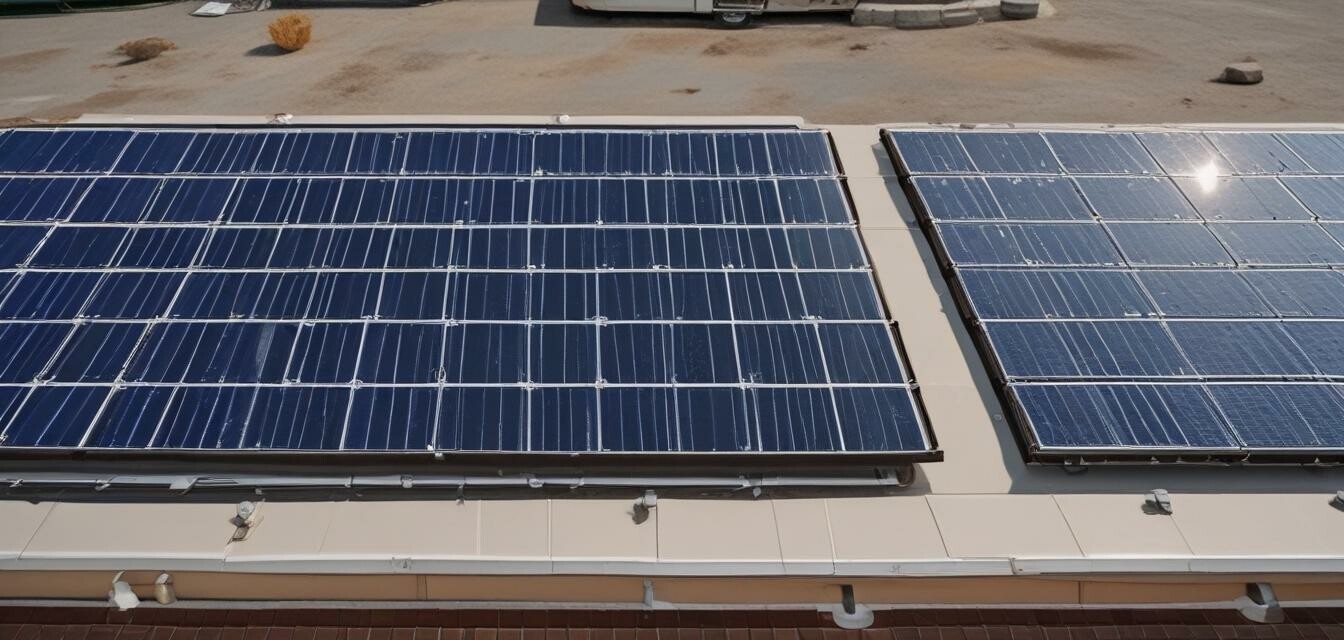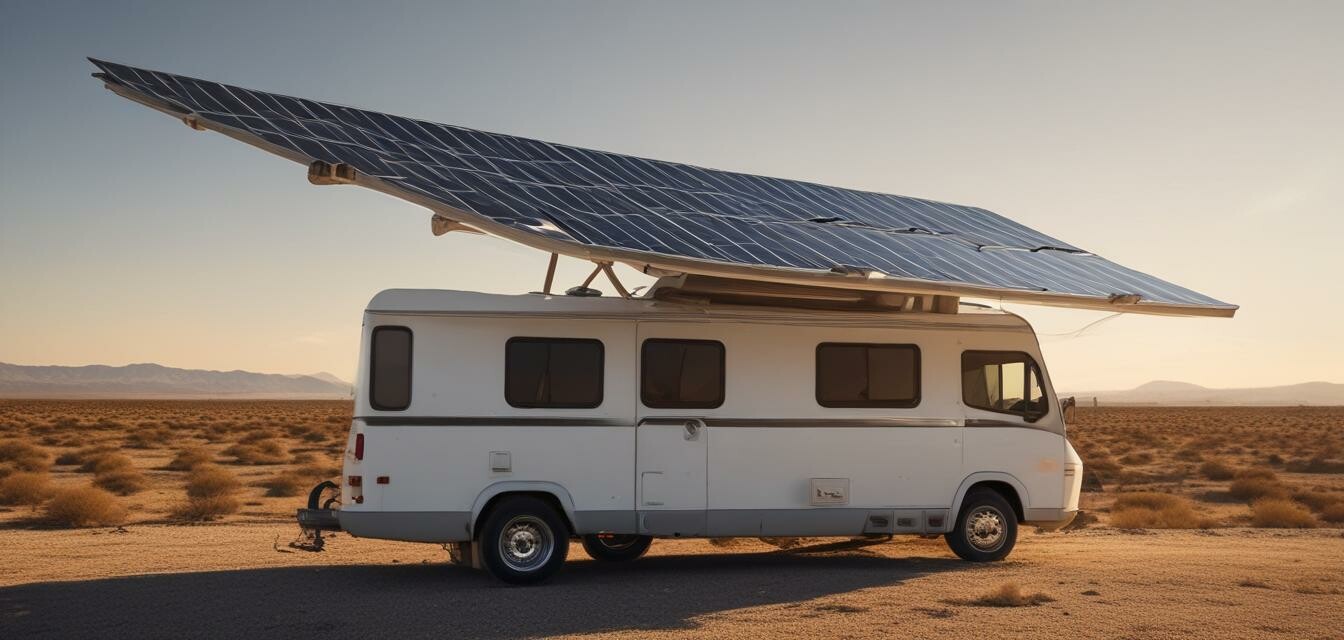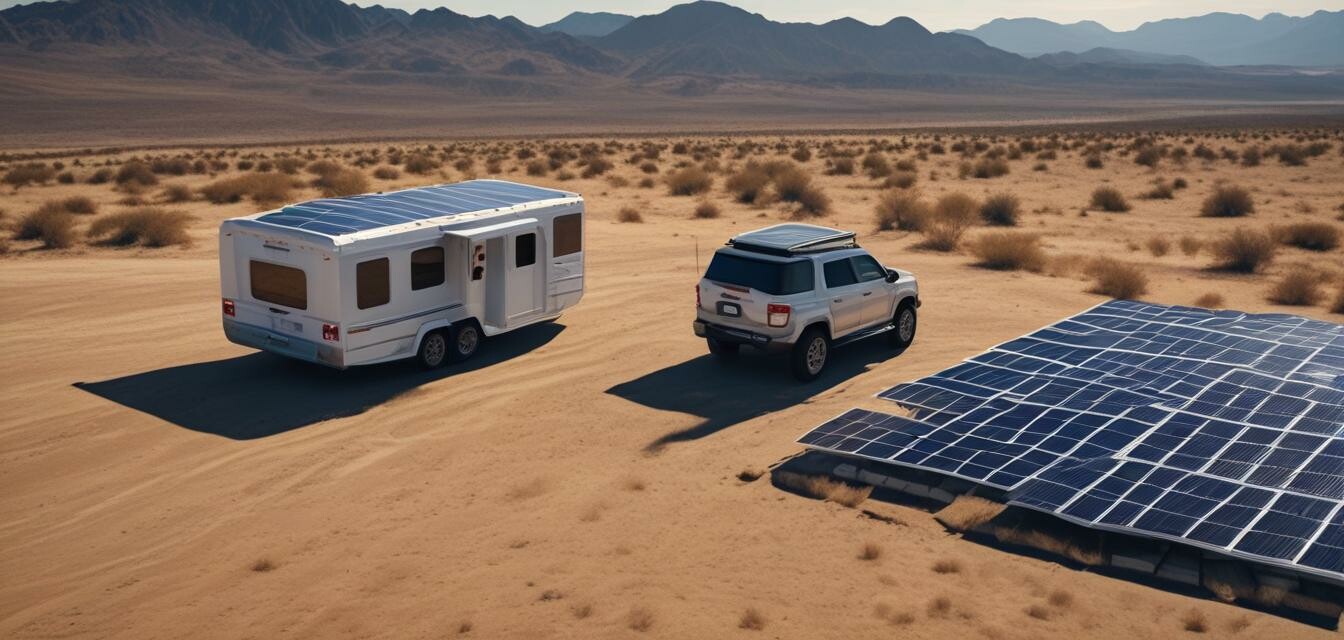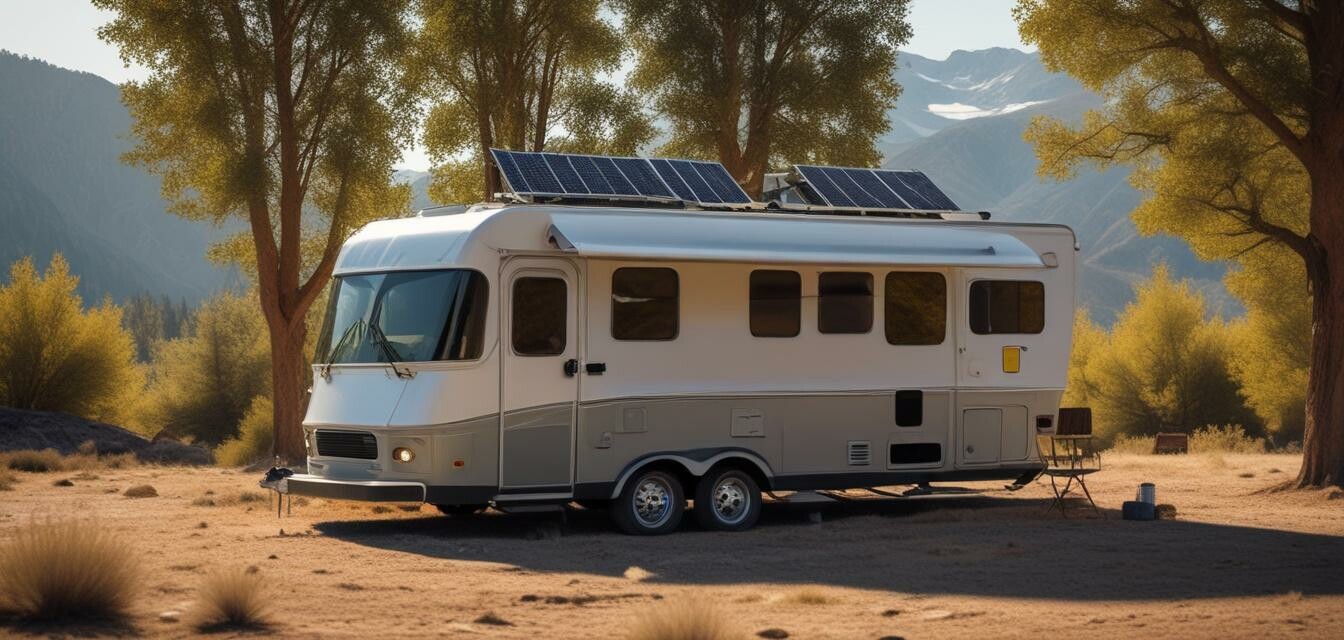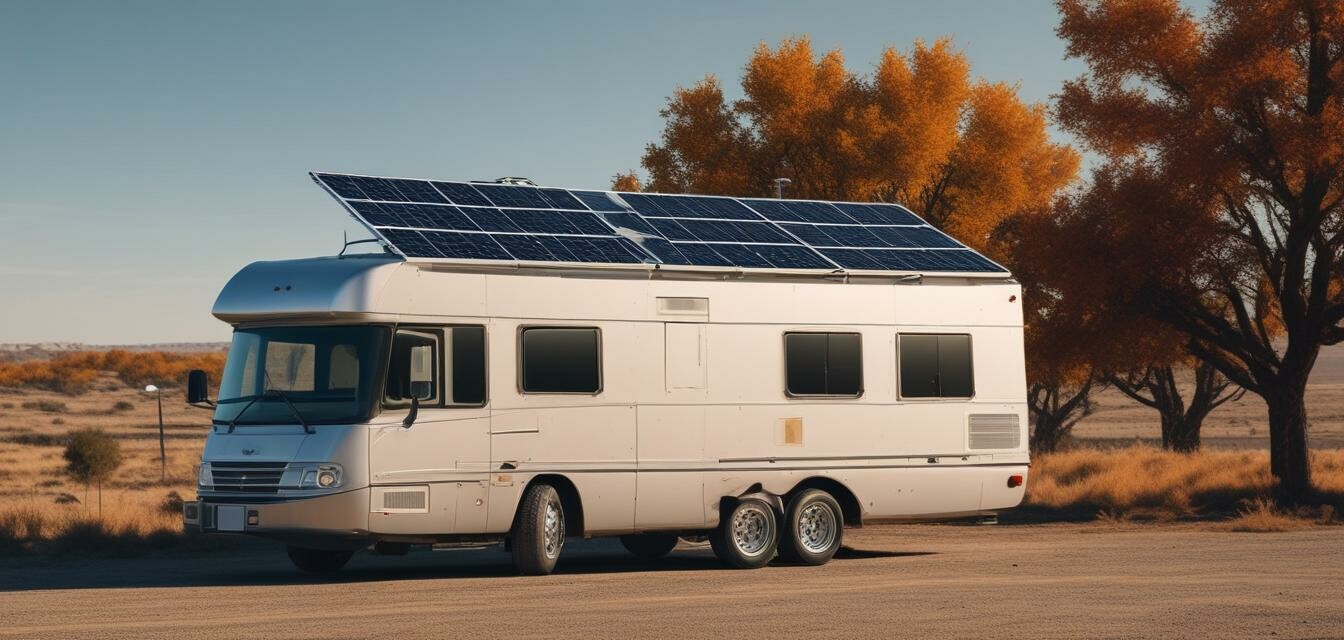
Choosing the Right RV Solar Kit
A comprehensive guide to selecting the perfect solar kit tailored to your RV's needs.
Key Takeaways
- Determine your energy needs by calculating your daily power consumption.
- Choose a solar kit that matches your RV's roof size and energy requirements.
- Consider the type of solar panels, battery systems, and inverters for your RV solar kit.
- Mounting kits and accessories are crucial for a secure and efficient installation.
Why Choose an RV Solar Kit?
RV solar kits offer a convenient and cost-effective way to generate electricity while on the go. With the right kit, you can enjoy the freedom of boondocking or dry camping without worrying about running out of power. But with so many options available, it can be overwhelming to choose the right one for your RV.
Calculating Your Energy Needs
The first step in choosing an RV solar kit is to determine your daily power consumption. This will help you determine the size of the solar panel array and battery system you need. Consider the following factors:
- Appliances: Refrigerator, lights, laptops, and other devices that require power.
- Usage: How often and for how long you use each appliance.
- Battery capacity: The size and type of batteries you need to store excess energy.
| Appliance | Power Consumption (Watts) | Usage (Hours/Day) | Daily Energy Consumption (Wh) |
|---|---|---|---|
| Refrigerator | 100 | 8 | 800 |
| Laptop | 50 | 4 | 200 |
| Lights | 20 | 6 | 120 |
Types of RV Solar Kits
RV solar kits come in various configurations, each designed to meet specific energy needs. The most common types of kits are:
- Complete Solar Systems: These kits include everything you need to get started, including solar panels, a battery system, and an inverter.
- Battery Systems for RV Solar: These kits focus on the battery system, providing a reliable source of power storage.
- Inverters for RVs: These kits feature high-quality inverters that convert DC power to AC power for your appliances.
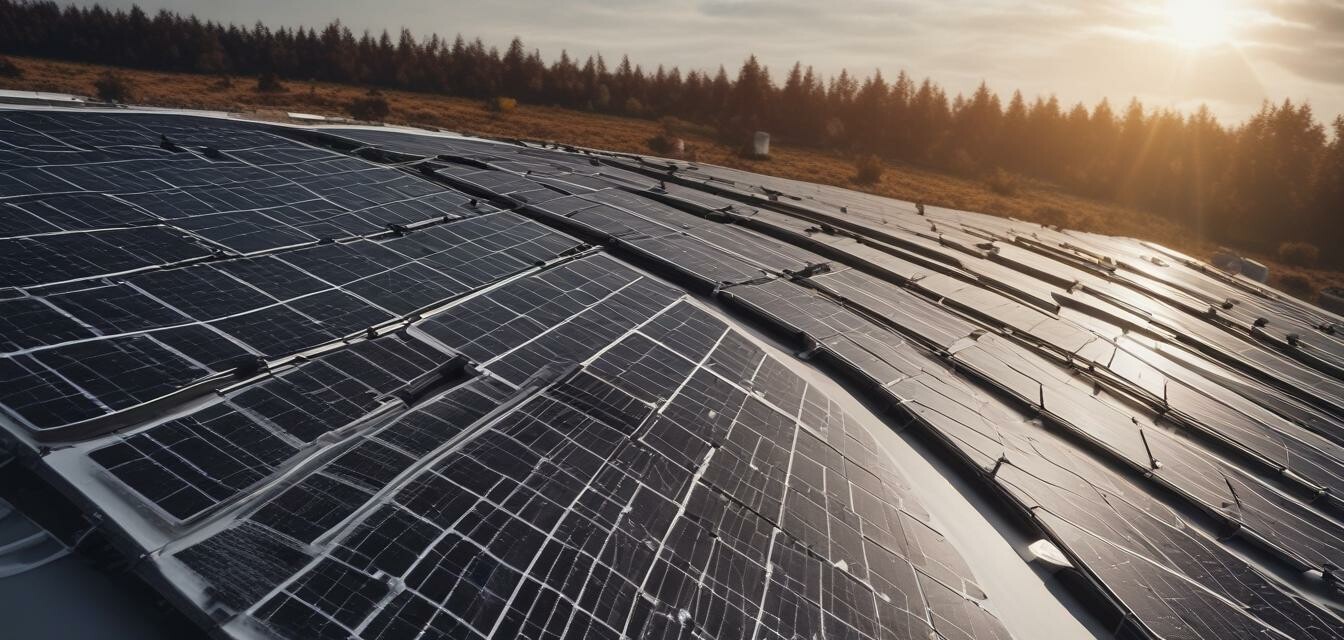
Components of an RV Solar Kit
A complete RV solar kit typically includes the following components:
- Solar Panels: Convert sunlight into electricity.
- Battery System: Store excess energy for later use.
- Inverter: Convert DC power to AC power for your appliances.
- Mounting Kits and Accessories: Secure the solar panels and other components to your RV's roof.
Mounting Kits and Accessories
A good mounting kit is crucial for a secure and efficient installation. Consider the following factors:
- Roof size and type: Ensure the mounting kit is compatible with your RV's roof.
- Weight capacity: Choose a mounting kit that can support the weight of the solar panels and other components.
- Adjustability: Look for a mounting kit that allows for adjustments to ensure optimal energy production.
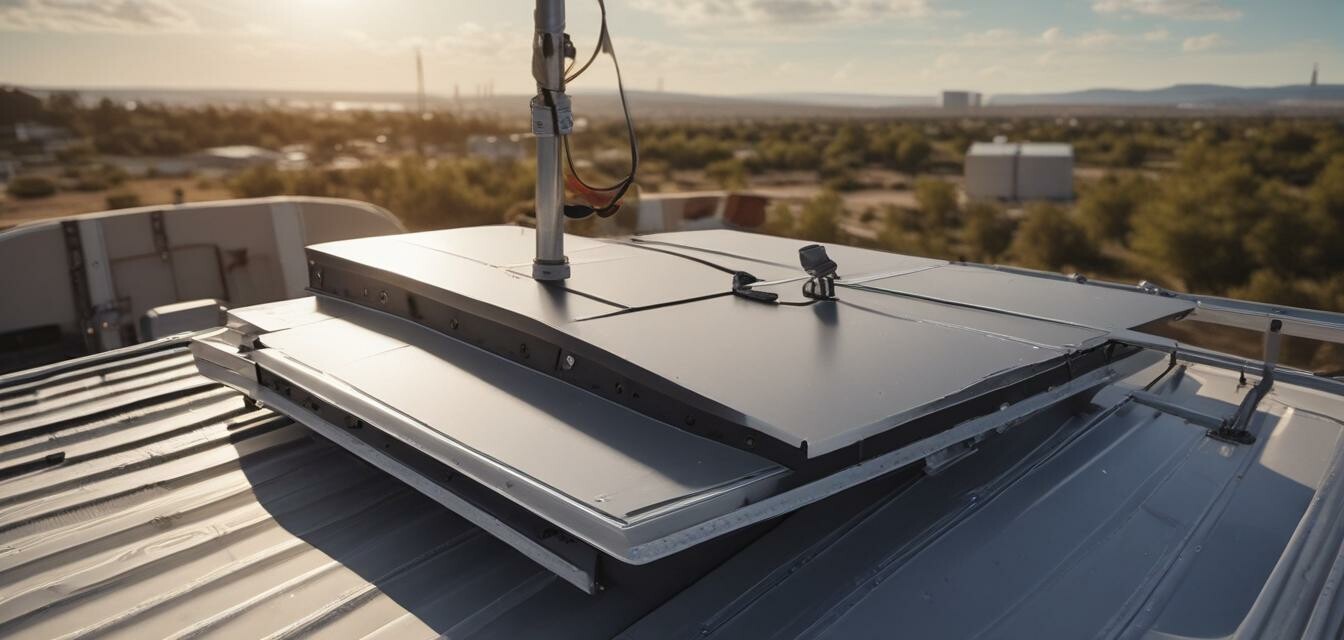
Beginners Section
Top Tips for Choosing an RV Solar Kit
- Calculate your energy needs to determine the right size of solar panel array and battery system.
- Choose a kit that is compatible with your RV's roof size and type.
- Consider the quality of the components and the warranty offered by the manufacturer.
Pros
- Renewable energy source
- Reduced reliance on fossil fuels
- Increased energy independence
Cons
- Initial investment can be high
- Weather conditions can affect energy production
- Installation requires technical knowledge
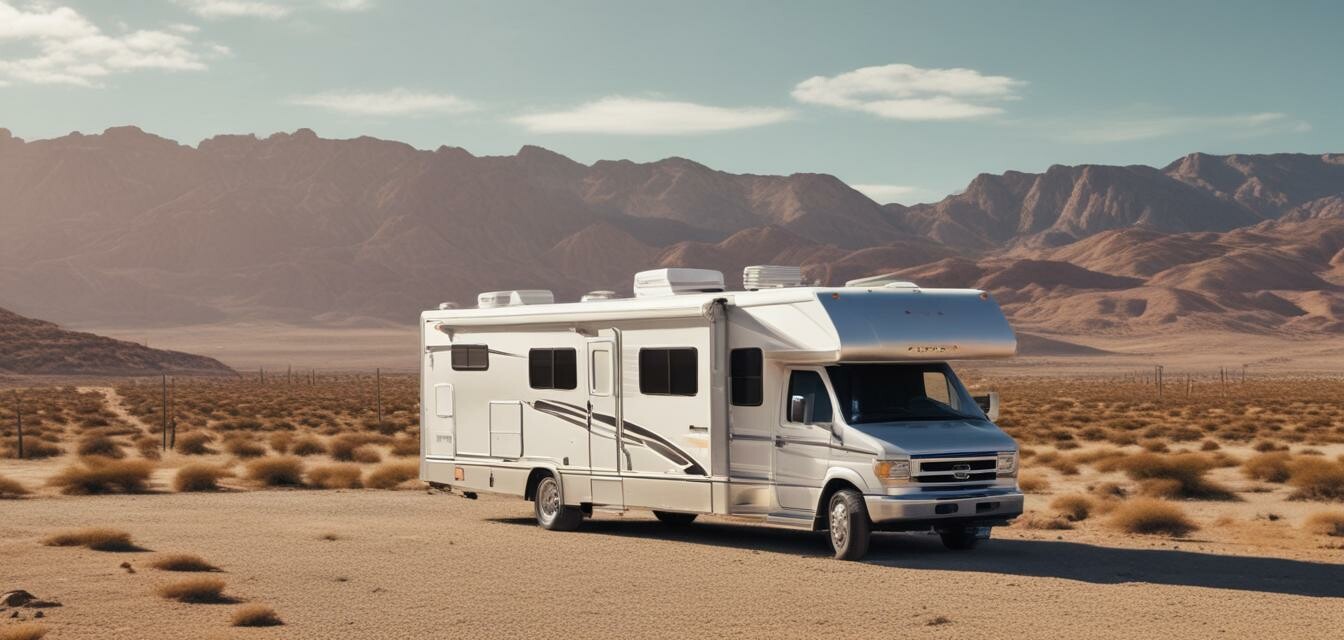
By following this guide, you'll be well on your way to choosing the perfect RV solar kit for your needs. Remember to calculate your energy needs, consider the type of solar panels and battery systems, and choose a mounting kit that is compatible with your RV's roof. Happy camping!
